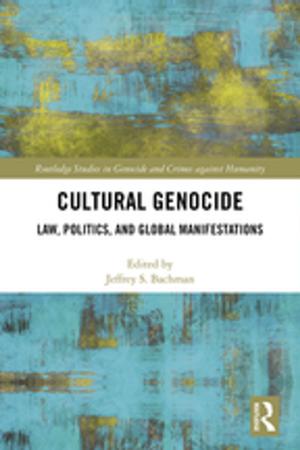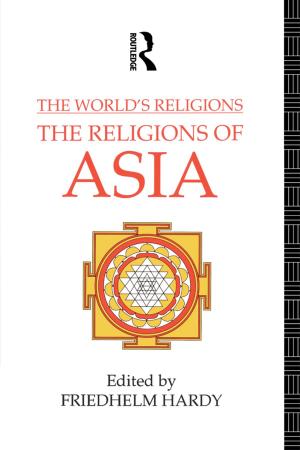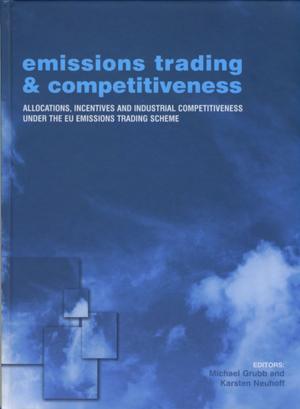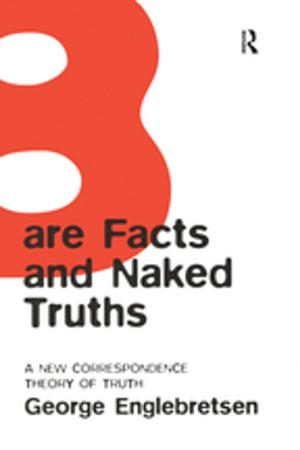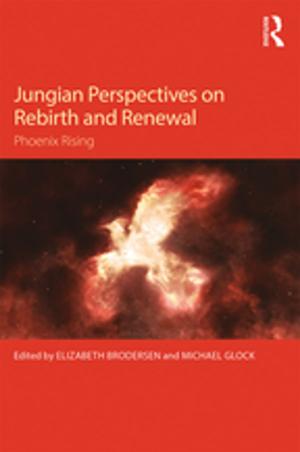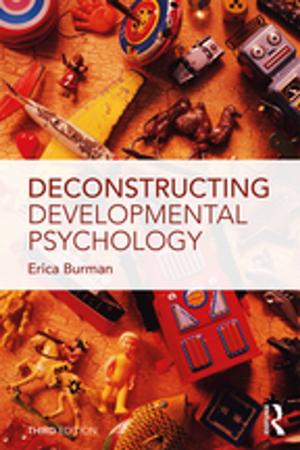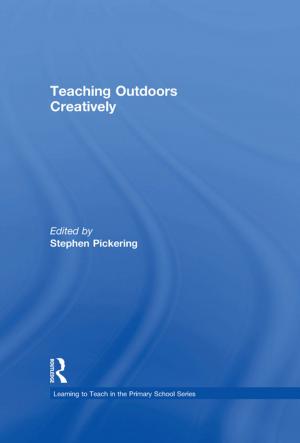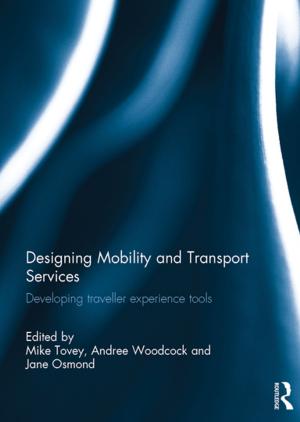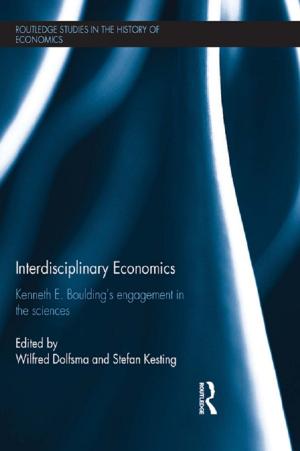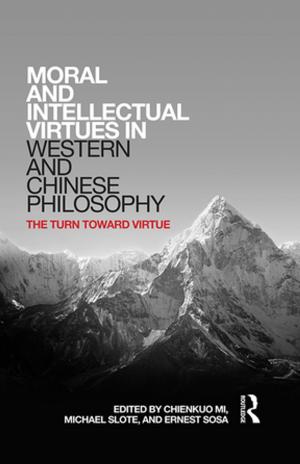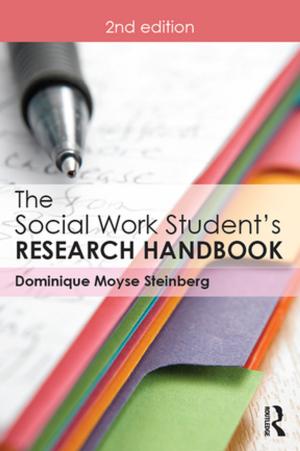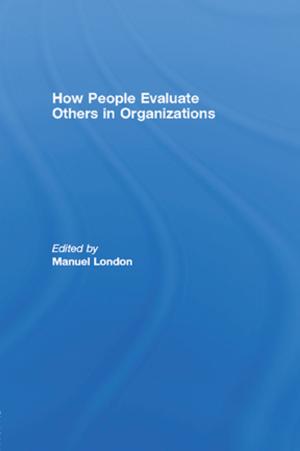Romancing the Self in Early Modern Englishwomen's Life Writing
Fiction & Literature, Literary Theory & Criticism| Author: | Julie A. Eckerle | ISBN: | 9781317061748 |
| Publisher: | Taylor and Francis | Publication: | April 1, 2016 |
| Imprint: | Routledge | Language: | English |
| Author: | Julie A. Eckerle |
| ISBN: | 9781317061748 |
| Publisher: | Taylor and Francis |
| Publication: | April 1, 2016 |
| Imprint: | Routledge |
| Language: | English |
Juxtaposing life writing and romance, this study offers the first book-length exploration of the dynamic and complex relationship between the two genres. In so doing, it operates at the intersection of several recent trends: interest in women's contributions to autobiography; greater awareness of the diversity and flexibility of auto/biographical forms in the early modern period; and the use of manuscripts and other material evidence to trace literacy practices. Through analysis of a wide variety of life writings by early modern Englishwomen-including Elizabeth Delaval, Dorothy Calthorpe, Ann Fanshawe, and Anne Halkett-Julie A. Eckerle demonstrates that these women were not only familiar with the controversial romance genre but also deeply influenced by it. Romance, she argues, with its unending tales of unsatisfying love, spoke to something in women's experience; offered a model by which they could recount their own disappointments in a world where arranged marriage and often loveless matches ruled the day; and exerted a powerful, pervasive pressure on their textual self-formations. Romancing the Self in Early Modern Englishwomen's Life Writing documents a vibrant secular form of auto/biographical writing that coexisted alongside numerous spiritual forms, providing a much more nuanced and complete understanding of sixteenth- and seventeenth-century women's reading and writing literacies.
Juxtaposing life writing and romance, this study offers the first book-length exploration of the dynamic and complex relationship between the two genres. In so doing, it operates at the intersection of several recent trends: interest in women's contributions to autobiography; greater awareness of the diversity and flexibility of auto/biographical forms in the early modern period; and the use of manuscripts and other material evidence to trace literacy practices. Through analysis of a wide variety of life writings by early modern Englishwomen-including Elizabeth Delaval, Dorothy Calthorpe, Ann Fanshawe, and Anne Halkett-Julie A. Eckerle demonstrates that these women were not only familiar with the controversial romance genre but also deeply influenced by it. Romance, she argues, with its unending tales of unsatisfying love, spoke to something in women's experience; offered a model by which they could recount their own disappointments in a world where arranged marriage and often loveless matches ruled the day; and exerted a powerful, pervasive pressure on their textual self-formations. Romancing the Self in Early Modern Englishwomen's Life Writing documents a vibrant secular form of auto/biographical writing that coexisted alongside numerous spiritual forms, providing a much more nuanced and complete understanding of sixteenth- and seventeenth-century women's reading and writing literacies.



